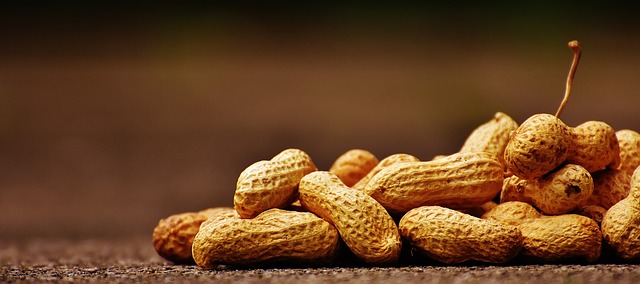March 31, 2017
Catalyst Partners has announced the successful closing of its second special purpose vehicle (SPV) – Mozar’ II with an internal rate of return (IRR) of 35 percent. The closing of Mozar’ II follows upon the successful close of Mozar’ I with an IRR of 32 percent.
Established in 2012 and headquartered in Giza, Egypt, Catalyst Partners marks itself as a unique growth investment firm that focuses on investments that support the development of medium-sized enterprises (MSEs) and family businesses in Egypt.
In 2013, the firm noted that agricultural financing represented only 1 percent of total loans in Egypt. Seeking to fill this gap, it launched its innovative series of mezzanine structured investment vehicles to partner with growers in the cultivation of crops, providing working capital through a structured note that will translate into optimum production and yields for the farmer, and a short-term, predictable exit timeline for investors.
Mozar’ II was a partnership between the fund and Green Valley for Reclamation and Agriculture (GVR) – one of the largest producers and exporters of peanuts in Egypt.
Founded by the El Sammak family in 2000, GVR is active along the entire value chain from land preparation, to cultivation and harvesting, to processing including the cleaning, sizing, sorting, shelling, packaging and exporting of both conventional and organic peanuts to markets mainly across Europe, according to the company website.
Last year GVR achieved an average yield of 1.7 tons per feddan, (one feddan equals 1.038 acres) or 0.4 tons higher than the national average of 1.3 tons per feddan – for a total harvest of 6,800 tons, which were sold both domestically and overseas.
“The success of this venture underlines the potential and scalability of Egypt’s agricultural sector as well as medium-sized and family businesses in Egypt as a whole,” said Abdelaziz Abdelnabi, co-founder of Catalyst Partners. “We look forward to further supporting innovative medium-sized and family businesses in Egypt, who typically lack the funding and resources to take them to the next level”
Rival Activity
The peanut industry in Egypt is seeing an awakening in recent years. GVR rival, Nutsland, announced plans in October 2015 to invest US$5.1 million over the course of three years to support its strategic plan for expansion.
Under the plan, the company aims to purchase 15,000 acres and participate in the 1.5 million-acre reclamation project announced by President Abdel Fattah al-Sissi. While Egypt’s total land area is 995,450 square kilometers, only 3.6 percent of this land is suitable for agricultural production. The Egyptian Ministry of Agriculture has undertaken a strategy to reclaim approximately 1.5 million acres of marginal or desert land for transition to agricultural use – a plan that at its’ most basic level, entails drilling more than 5,000 wells and is estimated to cost as high as US$4.7 billion, according to the U.S. Department of Agriculture (USDA).
Of the total funds allocated to the plan, Nutsland committed EGP 10 million (US$1.3 million) to increase production capacity in 2016 through the expansion of acreage, and plans to cultivate an additional 1,000 acres in peanuts – adding to the 4,500 acres that the company already operated.
In addition, the company announced its plans for the purchase of land suitable for the construction of a new peanut and bean processing facility to supply the company’s export markets, while its existing facility will supply local markets.
Meanwhile, in February of this year, Kernile Ltd. announced it is undertaking an expansion that will eventually increase production to 30,000 tons of peanuts per year, reports Daily News Egypt.
After investing $23 million over the past two years to integrate three new production lines – the first of which began operating in early 2016, and the second of which was scheduled to come online this February, Kernile’s peanut output is expected to double to 20,000 tons this year, and increase by another 10,000 tons when the third production line becomes operational. These additions will make the company’s plant in Egypt the largest peanut facility in the Middle East and North Africa, Hossam Mahmoud, director of the site, told Daily New Egypt.
As the company’s processing abilities increase, Kernile plans to rent new land to add to its existing land bank of 20,000 feddans under cultivation, in order to meet expectations of exporting 16,000 tons of peanuts by the end of 2017.
-Lynda Kiernan
Lynda Kiernan is Editor with GAI Media and daily contributor to GAI News. If you would like to submit a contribution for consideration please contact Ms. Kiernan at lkiernan@globalaginvesting.com.

Let GAI News inform your engagement in the agriculture sector.
GAI News provides crucial and timely news and insight to help you stay ahead of critical agricultural trends through free delivery of two weekly newsletters, Ag Investing Weekly and AgTech Intel.




